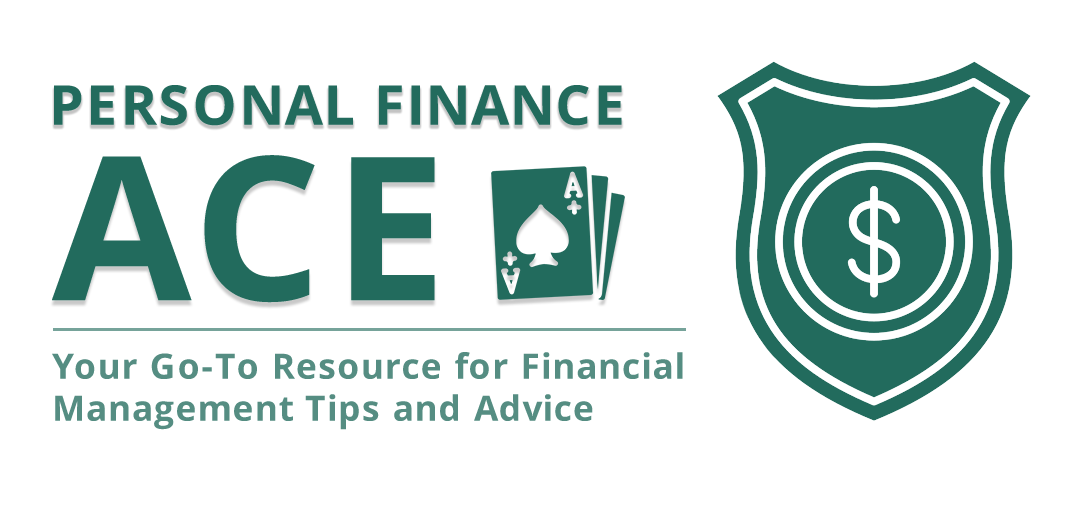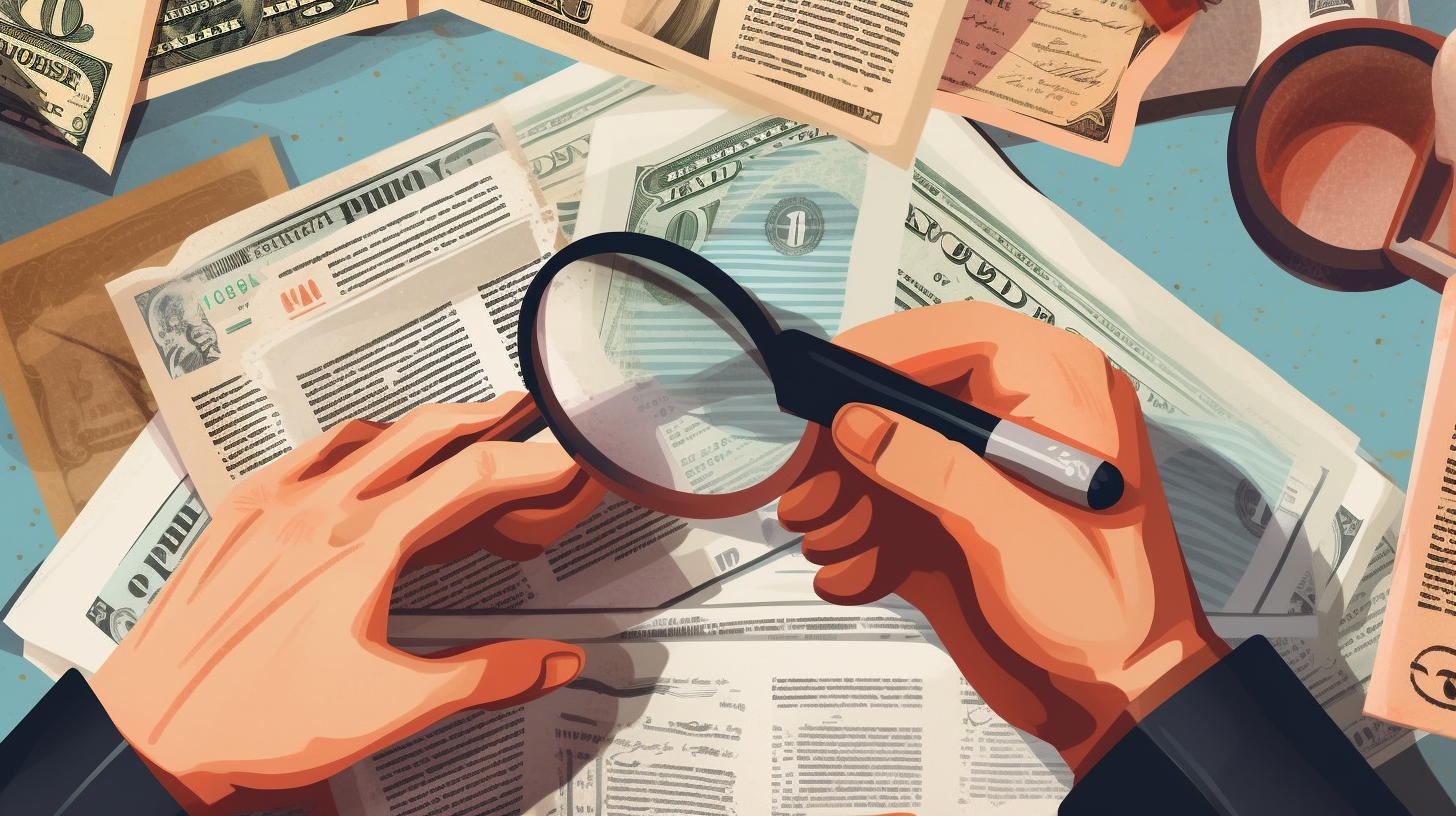Emergency Funds: The Backbone of Robust Personal Finance Preparing for the unforeseen is crucial for a strong financial future. Beyond lucrative investments and retirement savings, lies the role of emergency funds in personal finance.
Often termed a ‘rainy day fund’, it’s money set aside for unexpected expenses like sudden job loss, health issues, or significant home or car repairs.
Why is building an emergency fund paramount?
- Financial Safety Net: It acts as a buffer against unexpected costs. Instead of accumulating debt or tapping into other savings, this fund becomes your go-to.
- Mental Peace: Secure knowledge of a fund for emergencies alleviates financial stress.
- Decision-making Freedom: In a financial crisis, an emergency fund bestows the luxury to decide without immediate financial pressures.

How to set up your emergency fund?
- Target Setting: Typically, 3-6 months of living expenses is a recommended amount.
- Begin Small: If the above target appears overwhelming, commence with a modest goal and gradually amplify.
- Consistent Contributions: Prioritize this fund as a vital monthly expenditure. Ponder upon automatic monthly transfers.
- Accessibility: Position your fund in high-yield savings accounts for easy access and enhanced interest rates.
Guard your emergency funds zealously, using them only in genuine crises. Its importance in personal finance is unparalleled, safeguarding you from life’s unpredictable downturns.
For a comprehensive perspective, seek advice from financial advisors or use tools like NerdWallet’s guide. Remember, financial solutions vary per individual. Opt for professional advice tailored to your situation.
Remember, each individual’s financial circumstances are unique, and what works for one may not work for another. It’s always best to seek professional financial advice tailored to your personal situation.





